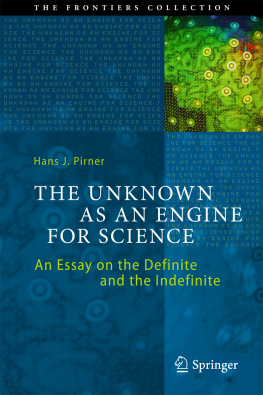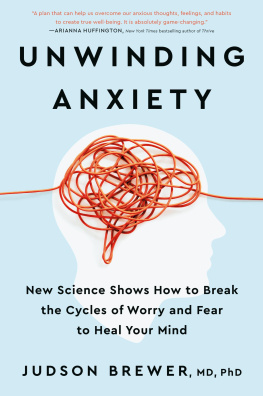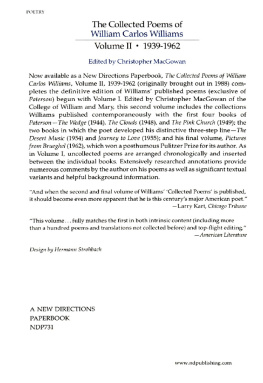1. Introduction
Our knowledge is increasing at a great rate; the number of scientific and scholarly publications per year has doubled in the past 20 years, but at the same time, the boundaries of our knowledge are also becoming more and more extended. In many-dimensional systems, for example for a sphere of n dimensions ( n 3), it is well known that the major portion of its volume lies near the surface. If we represent our knowledge as the volume of a sphere and its indefiniteness as the surface, we can see that the indefinite increases just as rapidly as does our overall knowledge. Modern humans have to live with the indefinite. Our society turns to science with questions whose answers lie hidden in darkness. The hope is that science can shed light on the answers. Can these expectations be fulfilled? How does science deal with the indefinite?
1.1 When Does Science Become Indefinite?
This essay intends to investigate where the sciences meet up with the indefinite, with uncertainties and vagueness, and how they deal with them. Scientists and scholars attempt to escape from indefinite situations by making new assignments and re-ordering their old knowledge. There is always the hope that a Theory of Everything (TOE) will be formulated which can explain the fundamental components of the universe and their elementary interactions. It is a great challenge to unite the Standard Model of elementary particle theory with the theory of gravitation, thus obtaining a unified theory which could explain all the known phenomena with fewer parameters. Physicists also play with indeterminate mathematical models in order to extend the limits of our knowledge. They dispense with the conventional formalism and try to escape into the not yet determined, thereby gaining openness and more freedom of choice. Since methods for solving nonlinear problems with varying length and time scales have improved, complex systems can be increasingly well described by mathematical models. These models, it is hoped, will also permit reliable predictions of complex relationships.
To me, it seems that the humanities have more experience in dealing with the indefinite. For example, an historian can invent a story based on as-yet indeterminate sources which plausibly connects individual events. Historical sources are seldom unambiguous, and thus are subject to differing interpretations. As a rule, this indeterminacy is taken account of in scholarly research into historical facts. But occasionally, is not one or another opinion forgotten in the flow of historical research? When we as individuals forget something, our memories become indistinct. Psychologists have recognized that forgetting permits new ideas to form which would have been precluded by precise memories. Although modern brain research has been able to localize memory functions using imaging techniques, the processes of memory are still not well understood.
Uncertainty is often the result of indefiniteness. Our view of the future appears cloudy when we do not understand the past. It is very difficult to make predictions, especially when they concern the future. If one has seen only white swans, the expectation is that no black swans exist. But they do exist; in Australia for example, black swans are indeed found in large numbers. Taleb uses this example to illustrate the unforeseen development of the Internet and the financial crises in the years 2000 and 2008. Can we learn from the experience of the stock-market traders that the indefinite is important, for correctly evaluating scientific results as well?
The fears arising from uncertainty increase the pressure to elucidate the indefinite. An indefinite diagnosis of an illness increases the fears of many people that the worst possible case is at hand. These psychological aspects of the indefinite cannot be ignored, even when we are discussing our knowledge of the universe or the accuracy of our conceptions of the world. They need not be considered simultaneously, but they have to be kept in mind in the background.
1.2 Questions About Uncertainty
Why should we consider the indefinite and the definite together? Cannot we be content with what we know for certain? When we are planning a research project, we begin by summarizing what has already been worked out in the field of interest. Only then do we move to the unknown and new in order to formulate our research goals. This departure into the new is supported by the fact that we take along a case packed with established tools, methods and results of past work. Based on our knowledge of the field, we can speculate as to where something new remains to be discovered. But are there additional categories of the unknown, and what can we learn from this (negative) catalog? Is the indefinite composed of individual singular points like black holes, which remain hidden from our knowledge, or does it form contiguous regions, like the boundaries of knowledge? Is there a horizon beyond which we cannot see, no matter how we intensify our research efforts?
Where is the indefinite to be found? Does chance play a role? Why are predictions of the future questionable? Where is the boundary between the known and the unknown? Is it a clearly-defined border? Can we localize the known, the definite within this boundary, and the unknown, the indefinite, outside it? If we define a system as a number of things working together as a complex ordered whole, does that system constitute something definite and its environment the indefinite? These questions cannot be answered in an abstract fashion; they require concrete examples. Can those examples be classified? Can one distinguish between trivial, superficial indefiniteness and the profoundly indefinite? Or better yet, between the indefinite which can be eliminated, and that which is an essential property of the problem at hand?
Assuming that there is a well-defined boundary between the indefinite and the definite, can that boundary be shifted? How does the boundary move when more information becomes available? What can be determined through information? How does an exchange of information between the indefinite environment and the definite system take place, if we designate the two separate regions in this way? Is complex just another name for indefinite? Or are there structures in complex systems? Can we better recognize them if we consider the indefinite and the definite together? What reasons are there for considering them together? Is this merely a question of knowledge? Or does definite simply mean naming things, so that we can more clearly distinguish them?
These abstract questions need to be answered in a concrete way, so that it becomes clear that the indefinite and the definite form a unitywhich is however often not perceived as unified, since there seems to be no reason to consider them together.
1.3 Indefinite or Definite?
Since the word indefinite or not definite contains a negation, we are tempted to define it ex negativo . But its subconcepts overlap and are not mutually exclusive. I will distinguish six different meanings: random, uncertain, indeterminate, vague, indistinct, and undefined.
Something is indefinite when it occurs randomly , i.e. when it is not determined in advance. Randomness is based on a subjective lack of knowledge, characterized by a special situation, a missing context, or insufficient information. It arises through subjective ignorance and disappears when the subject obtains more information.











